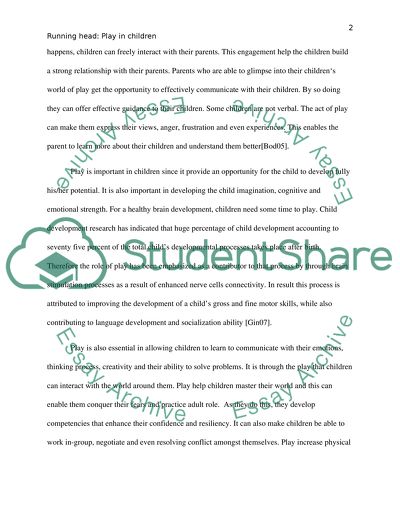Cite this document
(“Parent As Educator: An Integral Component To Childhood Development Essay”, n.d.)
Retrieved from https://studentshare.org/gender-sexual-studies/1477677-parent-as-educator-an-integral-component-to-childhood-development
Retrieved from https://studentshare.org/gender-sexual-studies/1477677-parent-as-educator-an-integral-component-to-childhood-development
(Parent As Educator: An Integral Component To Childhood Development Essay)
https://studentshare.org/gender-sexual-studies/1477677-parent-as-educator-an-integral-component-to-childhood-development.
https://studentshare.org/gender-sexual-studies/1477677-parent-as-educator-an-integral-component-to-childhood-development.
“Parent As Educator: An Integral Component To Childhood Development Essay”, n.d. https://studentshare.org/gender-sexual-studies/1477677-parent-as-educator-an-integral-component-to-childhood-development.


